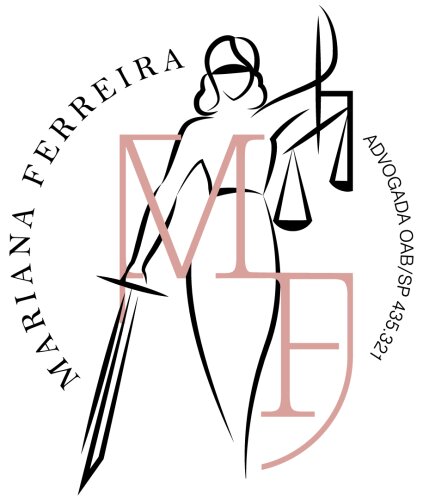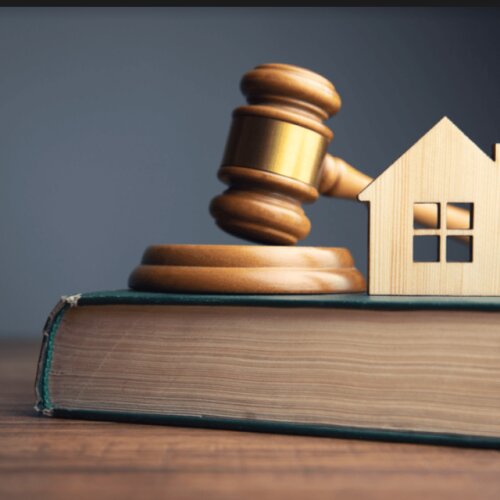Best Housing, Construction & Development Lawyers in Brazil
Share your needs with us, get contacted by law firms.
Free. Takes 2 min.
Free Guide to Hiring a Real Estate Lawyer
Or refine your search by selecting a city:
List of the best lawyers in Brazil
About Housing, Construction & Development Law in Brazil
Housing, Construction & Development Law in Brazil is a complex field that addresses issues related to urban development, real estate transactions, housing policies, and construction regulations. This area of law encompasses federal, state, and municipal regulations aimed at promoting sustainable development, ensuring safe construction practices, protecting the rights of property owners and tenants, and facilitating economic growth through urban planning. As Brazil continues to urbanize rapidly, legal frameworks in this sector play a crucial role in balancing development needs with environmental and social considerations.
Why You May Need a Lawyer
There are several situations where individuals or organizations may require legal assistance in the field of Housing, Construction & Development:
- Disputes over property ownership or boundaries.
- Issues with property transactions, such as buying, selling, or leasing real estate.
- Negotiating construction contracts and handling construction delays or defects.
- Compliance with environmental regulations or seeking environmental permits.
- Dealing with tenant-landlord disagreements or tenant eviction processes.
- Obtaining construction permits and navigating local zoning laws.
- Legal challenges related to urban planning and development policies.
- Resolving issues related to public infrastructure projects.
Local Laws Overview
Brazilian housing, construction, and development laws are comprised of several key regulatory areas:
- Federal Laws: The Federal Constitution and laws such as the Lei de Parcelamento do Solo Urbano (Land Subdivision Law) lay the foundation for land use and regulation.
- Building Codes: The Código de Obras e Edificações (Building Code) governs construction standards and safety requirements.
- Zoning Laws: Municipal zoning laws dictate land use and urban planning, determining what can be built in each area.
- Environmental Regulations: Laws such as the National Environmental Policy Act focus on protecting natural resources and require developers to obtain environmental permits.
- Consumer Protection: The Código de Defesa do Consumidor (Consumer Defense Code) offers protections during property transactions and construction services.
Frequently Asked Questions
What is the process for buying property in Brazil?
The process involves property search, due diligence on the title and legal status, signing a sales contract, making payments, and registering the property transfer with the local real estate registry.
Do I need a permit to renovate my home?
Yes, most renovations require permits from the municipal government. Check with local authorities to ensure compliance with building codes and zoning laws.
What are my rights as a tenant in Brazil?
Tenants have rights under the Tenancy Law, such as the right to a safe and habitable dwelling, privacy, and protection against unwarranted eviction or rent increases without proper notice.
How can a lawyer help with construction disputes?
A lawyer can assist by reviewing contracts, mediating between parties, filing claims for breach of contract, and guiding compliance with construction laws and regulations.
What is required to obtain a construction permit?
The requirements vary by location, but generally include architectural plans, land use compliance, environmental impact studies, and municipal approval processes.
How is public land managed in Brazil?
Public land is managed by various government agencies, each with specific mandates that focus on different aspects of land use, such as conservation, urban development, or infrastructure projects.
What are zoning laws and how do they affect property use?
Zoning laws designate allowable uses for different land areas within a municipality, impacting what can be built and how properties can be utilized.
Can foreign individuals or entities own property in Brazil?
Yes, foreign individuals and entities can own property in Brazil, although ownership near borders and certain rural areas may face restrictions.
What should I know about environmental regulations in development projects?
Developments must comply with federal, state, and municipal environmental laws, which may require conducting impact assessments and obtaining permits for land use changes.
How are construction standards enforced?
Construction standards are enforced through inspections by municipal authorities, requiring adherence to established building codes and safety guidelines.
Additional Resources
For further guidance and information related to Housing, Construction & Development in Brazil, consider reaching out to the following:
- Ministry of Regional Development (Ministério do Desenvolvimento Regional)
- Housing Federal Savings Bank (Caixa Econômica Federal)
- Municipal Urban Development and Housing Departments
- Brazilian Bar Association (Ordem dos Advogados do Brasil, OAB)
- Real Estate Agency Association (Associação Brasileira das Incorporadoras Imobiliárias, ABRAINC)
Next Steps
If you need legal assistance in Housing, Construction & Development, consider the following steps:
- Consult with a lawyer specializing in real estate, construction, or environmental law.
- Gather all relevant documentation, including contracts, permits, and correspondence related to the issue.
- Research lawyers through the Brazilian Bar Association or by referral from real estate professionals or personal contacts.
- Schedule a consultation to discuss your case and explore potential legal strategies.
Lawzana helps you find the best lawyers and law firms in Brazil through a curated and pre-screened list of qualified legal professionals. Our platform offers rankings and detailed profiles of attorneys and law firms, allowing you to compare based on practice areas, including Housing, Construction & Development, experience, and client feedback.
Each profile includes a description of the firm's areas of practice, client reviews, team members and partners, year of establishment, spoken languages, office locations, contact information, social media presence, and any published articles or resources. Most firms on our platform speak English and are experienced in both local and international legal matters.
Get a quote from top-rated law firms in Brazil — quickly, securely, and without unnecessary hassle.
Disclaimer:
The information provided on this page is for general informational purposes only and does not constitute legal advice. While we strive to ensure the accuracy and relevance of the content, legal information may change over time, and interpretations of the law can vary. You should always consult with a qualified legal professional for advice specific to your situation.
We disclaim all liability for actions taken or not taken based on the content of this page. If you believe any information is incorrect or outdated, please contact us, and we will review and update it where appropriate.
Browse housing, construction & development law firms by city in Brazil
Refine your search by selecting a city.















